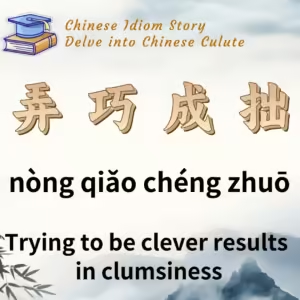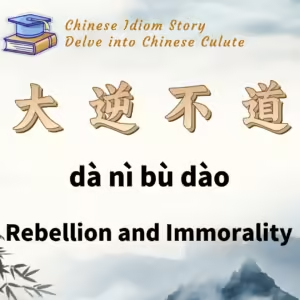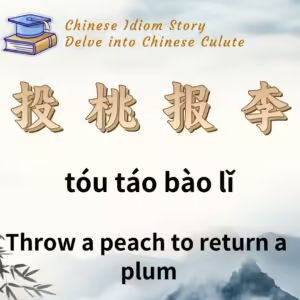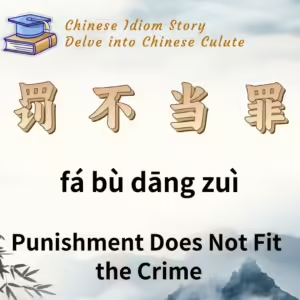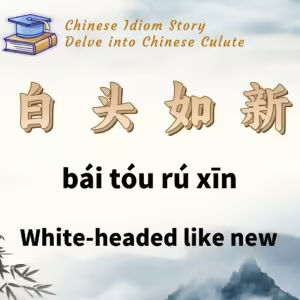
Chinese Idiom: 当头棒喝 (Dang Tou Bang He)
English Translation: A sudden blow to the head with a stick
pīn yīn: dāng tóu bàng hè
Idiom Meaning: Originally, it referred to a strong reprimand that jolted someone awake from confusion. It is now commonly used to denote methods that are relatively harsh or forceful, leading people to realize something or serving as a severe warning.
Historical Source: “Transmission of the Lamp” (《传灯录》)
Idiom Story:
In ancient times, there was a monk named Huangbo (黄檗) who had many disciples. Whenever he received beginners, this eccentric monk would often hit them with a stick or shout loudly without asking any questions. This was his way of testing their sincerity and understanding of Buddhist teachings.
One day, a disciple named Linji came to seek understanding of Buddhism. As soon as he approached Huangbo, the monk struck him on the head with a stick before he could even ask a question. Confused by this unexpected response, Linji asked again, but Huangbo struck him a second time. He continued to inquire three times, receiving three blows in total.
After the third strike, Linji began to sense a deeper meaning behind his teacher’s actions. He guessed that Huangbo was encouraging him to study independently. From that moment on, he refrained from further questioning and dedicated himself to intense study. Eventually, he gained profound insights into the essence of Buddhism.
This story exemplifies the concept of “当头棒喝,” highlighting the effectiveness of a sudden, forceful method in awakening individuals to important truths or realizations.


